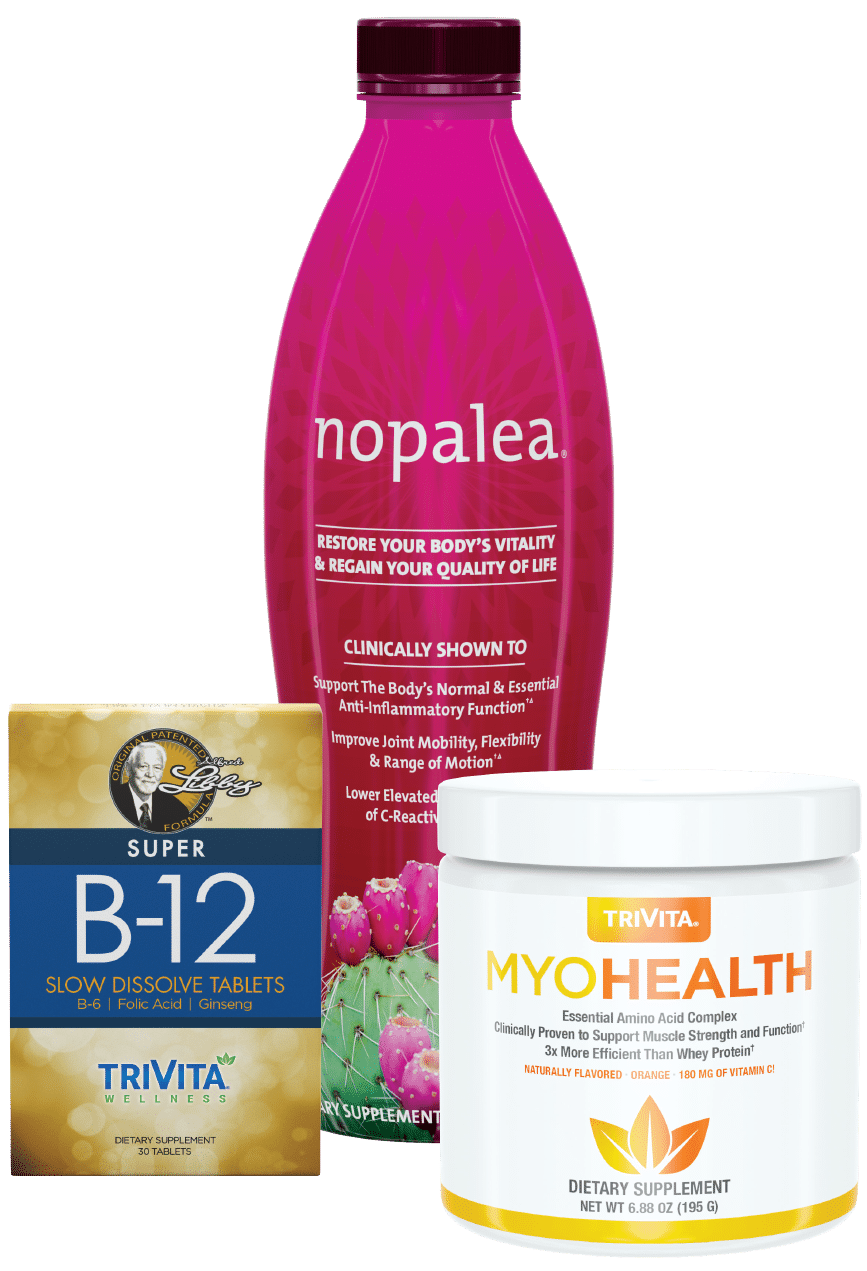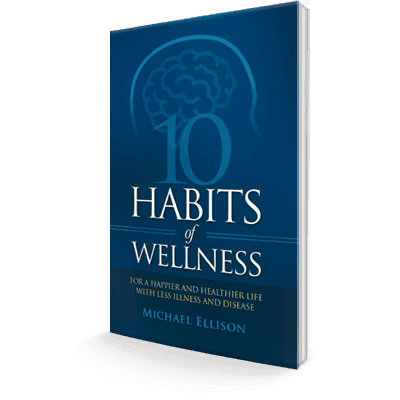by Paul Bernitt
Welcome, Healthier You readers! As a passionate advocate for inspiring others to achieve greater wellness, helping people understand simple daily activities that can help maintain cognitive function is at the top of my list.
As we age, keeping our minds sharp and our spirits high becomes increasingly important. Our brain health plays a huge role in how well we think, remember, and interact with the world around us. In this issue, I will reveal practical steps you can take to boost mental health and cognitive wellness, focusing on habits and diet changes that can help prevent memory loss.
Understanding Mental Health and Cognitive Wellness
Mental health is essential to our overall well-being. It includes our emotional, psychological, and social well-being. For those of us over 50 including myself, maintaining mental health can sometimes feel like a challenge due to changes in our bodies and lifestyles. Cognitive wellness, on the other hand, refers specifically to our brain function and memory. Did you know that our brain can keep changing and growing throughout our lives? This is called neuroplasticity. This means we can actively work on keeping our brains healthy!
Why Memory Loss Happens
Memory loss can happen for a variety of reasons. Sometimes, it’s due to normal aging. Other times, it can be more serious, like dementia or Alzheimer’s disease. Some factors that can increase risk and contribute to memory loss include:
- Chronic stress
- Lack of sleep
- Poor diet
- Not enough physical activity
- Not enough mental activity
- Social isolation
But don’t worry! By making some positive changes, you can help keep your memory sharp and your mind alert.
Habits for Cognitive Wellness
- Stay Active: While the brain is only about 2% of our body weight, it uses 20% of our oxygen. Exercise increases blood flow, which brings more oxygen and nutrients to the brain. Aim for at least 30 minutes of exercise most days of the week. This could include walking, swimming, or even dancing!
- Get Enough Sleep: Sleep is vital for memory consolidation. This is when your brain stores new information and skills. Try to get 7-9 hours of sleep each night. Establish a bedtime routine that helps you relax, like reading or listening to soothing music.
- Keep Your Mind Engaged: Challenge your brain regularly! This can be done through puzzles, reading, learning a new skill, developing a new hobby or playing strategy games. Studies show that lifelong learning keeps your brain healthy.
- Stay Social: Interacting with others is vital. Make an effort to connect with family and friends regularly. Join clubs, participate in community events, or volunteer. Social engagement can stimulate your mind and improve your mood.
- Practice Mindfulness and Stress Reduction: High levels of stress can harm your mental health. Techniques like mindfulness, meditation, and deep breathing can help lower stress levels. Consider a gratitude journal. Even just taking a few minutes each day to sit quietly and focus on your breath can make a difference.
Dietary Changes for Cognitive Wellness
What we eat plays a meaningful role in brain health. Here are some science-based ingredients shown to enhance brain function:
- Vitamin B-12: This vitamin helps keep your brain healthy and is crucial for producing red blood cells. It can also help with memory and mood. Foods rich in B-12 include fish, meat, eggs, and fortified cereals. If you’re vegetarian or vegan, you may want to look into taking a B-12 supplement.
- Omega-3 Fatty Acids: Omega-3s are found in fatty fish like salmon and sardines, as well as in walnuts and flaxseeds. These healthy fats are important for brain function and can even help reduce the risk of Alzheimer’s disease. They are linked to improved memory and mood, so consider adding more of these foods to your diet.
- Bacopa Monnieri: This is a plant often used in traditional medicine. Research has shown that Bacopa Monnieri may improve memory and cognitive function. You can find it in supplement form, or look for teas and extracts that contain it. It’s important to talk with your doctor before starting any new supplement.
- Lithium Orotate: This is a compound that has been studied for its potential effects on mood and memory. It is believed to have neuroprotective properties, which means it may help support brain health. Lithium orotate is available as a supplement, but consulting with a healthcare professional before use is essential to ensure it’s safe for you.
- Pantothenic Acid (Vitamin B5): This vitamin plays an important role in energy production and the synthesis of neurotransmitters, which help transmit messages in the brain. Foods rich in B5 include whole grains, eggs, avocados, and broccoli.
Putting It All Together: Creating Your Cognitive Wellness Plan
Now that we’ve explored habits and dietary changes, how can you put it all together to promote a healthier brain? Here’s a simple plan you can follow:
Step 1: Set Goals
Start by setting small, achievable goals for both your physical activity and mental engagement. For example, try to walk for 20 minutes a day, or challenge yourself to complete a puzzle once a week.
Step 2: Make a Meal Plan
Create a weekly menu that includes foods rich in the brain-boosting ingredients we discussed. Choose at least two meals a week that include fatty fish like salmon or sardines, and snack on nuts like walnuts and seeds to get those essential Omega-3s.
Step 3: Join a Community
Find local groups that interest you. Whether it’s a book club, a gardening group, or a table tennis team, engaging with others will keep your mind sharp and help you build social connections.
Step 4: Schedule Downtime
Don’t forget to give yourself time to relax. Practice mindfulness, gratitude or meditation for a few minutes every day. This could be as simple as sitting quietly while focusing on your breathing.
Step 5: Monitor Your Progress
Keep track of your goals and activities in a journal. Note how you feel physically, mentally and spiritually. This can help you see the progress you’re making and areas where you might want to adjust your plan.
Step 6: Take Supplements:
While a healthy diet is shown to improve brain function, supplements can help us supplement an already healthy diet to optimize brain function. Choose quality supplements from a trusted supplement company like TriVita. Supplements such as TriVita’s Brain Health Pack consisting of Alfred Libby’s B12, Neuroshine and Omega Prime have the nutrients you need to preserve and enhance brain function.
Additional Tips for Mental Health and Cognitive Wellness
- Hydrate: Drinking enough water is essential for overall health, including brain function. Dehydration can lead to confusion and poor concentration. Enhance your water with a hydrogen water infuser Hydrogen is the super anti-oxidant that can bridge the blood brain barrier.
- Limit Sugar and Processed Foods: High sugar and processed food diets can lead to inflamed brain cells, which is not good for cognition. Focus on whole food options like fruits, vegetables, nuts, seeds, and lean proteins.
- Intermittent Fasting: Time-restricted eating causes changes in expression of genes in tissue and helps the body during rest and activity. A 2021 study of 883 adults in Italy indicated those who restricted their food intake to ten hours a day were less likely to have cognitive impairment compared to those eating without time restrictions.
- Engage in Creative Activities: Explore your creative side through art, music, hobbies or writing. These activities can stimulate the brain in different ways and enhance cognitive function.
- Regular Health Check-ups: Keep up with regular medical check-ups to monitor your overall health, including brain health. Your doctor can provide important screenings for cognitive issues.
Conclusion
Remember, maintaining mental health and cognitive wellness is a journey, not a destination. Maintaining your brain function will not only enhance your memory, cognition and recall, it will enhance your mood, sleep and your overall bodily functions. Prioritize your brain health and live with greater physical, emotional and spiritual wellness so you can continue to do the things you love and are purposed to do.







